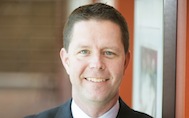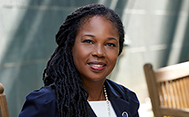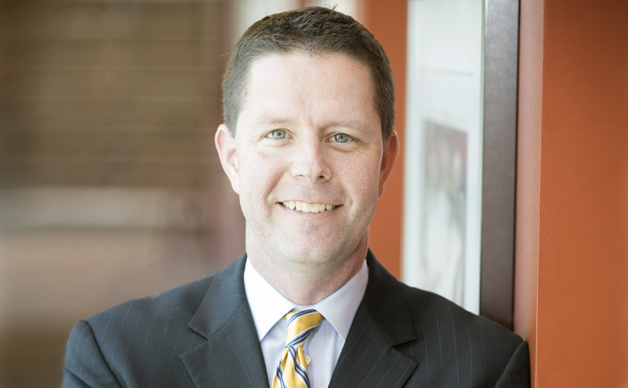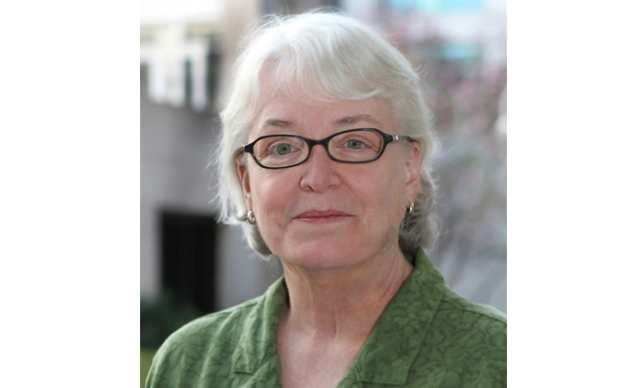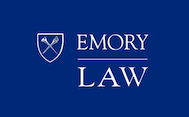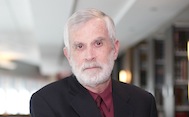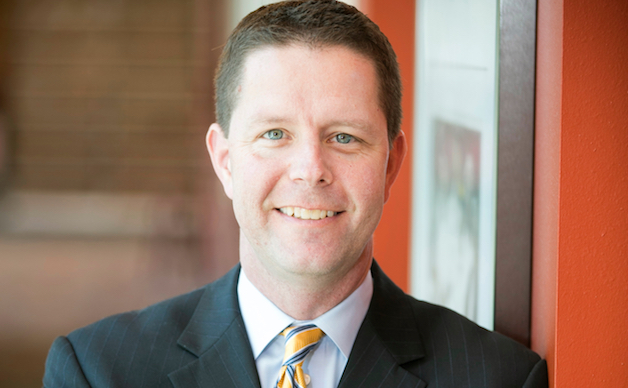
Ignoring Precedent: Abitron and Trademark Extraterritoriality
The courts have long applied a presumption against the extraterritorial reach of US law. While Congress can use domestic laws to regulate conduct outside of the United States, such regulation is not generally the norm.
